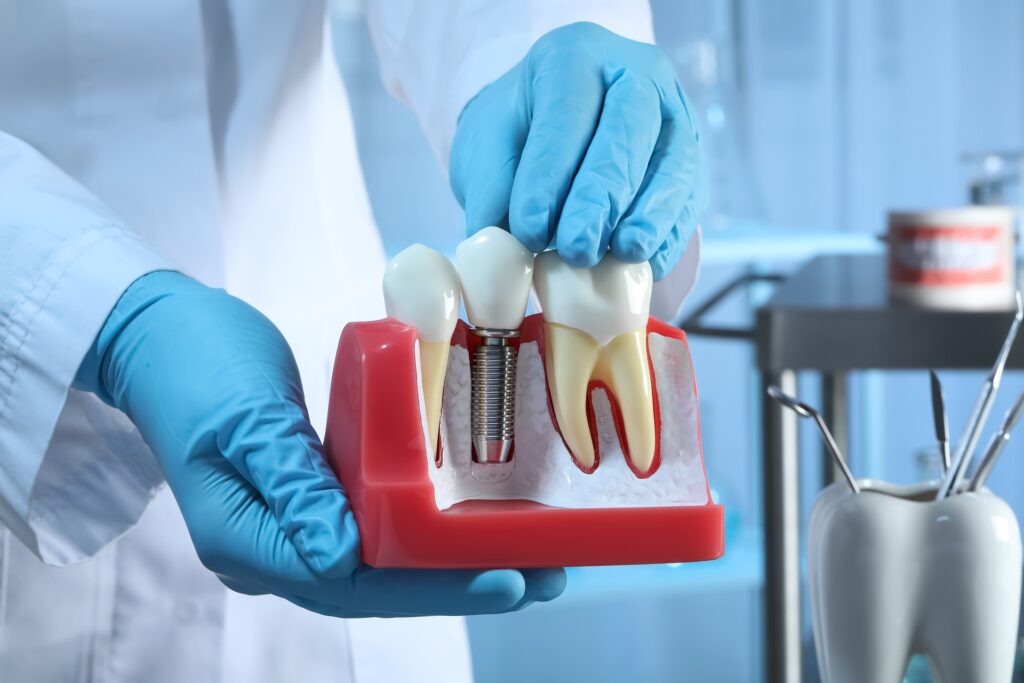For many, a visit to the dentist can induce feelings of unease, a quickened heartbeat, or even a cold sweat. As a Consultant Psychiatrist, I have found that understanding the underpinnings of such fears, colloquially termed “dental phobia”, can significantly aid in managing and even overcoming them. This topic combines the intricacies of the mind with the tangible realities of dental care.
Understanding Dental Phobia
At its core, dental phobia is an intense fear or dread of visiting the dentist or receiving dental procedures. It is more than just mild anxiety; it’s a debilitating fear that can lead individuals to avoid dental care altogether, often to the detriment of their oral health.
Causes of Dental Phobia
There is no known direct cause of Dental phobia, however the following may increase the risks of developing Dental Phobias.
Past Traumatic Experiences: One of the most common triggers for dental phobia is a past negative or traumatic experience at the dentist. This could be a painful procedure, feelings of helplessness or humiliation, or perceived insensitivity from the dental professional.
Fear of Pain: With the array of tools and noises in a dental setting, it is understandable that some people fear potential pain, especially if they have heard horror stories or had painful experiences themselves.
Loss of Control: Lying in a dental chair, unable to see what’s going on, and feeling trapped can lead to significant anxiety for many. This sense of vulnerability and lack of control can be very unsettling.
Embarrassment: Some people may feel self-conscious about the state of their teeth or about having someone so close to their personal space.
Coping Mechanisms
As with many phobias, there are several strategies that individuals can employ to help cope with and eventually overcome their dental fears.
Open Communication: Establishing a line of transparent communication with your dentist can be immensely beneficial. Discussing your fears and apprehensions allows your dentist to adjust their approach, provide reassurances, or explain procedures more thoroughly.
Gradual Exposure: Consider starting with a basic check-up, progressing to a cleaning, and then, when you feel ready, move on to more involved treatments. Take care to take deep breaths and make efforts to stay relaxed with each progression. This step-by-step approach can make the dental setting feel more familiar and less intimidating over time.
Distraction Techniques: Sometimes, diverting your attention can work wonders. Consider wearing headphones and listening to calming music, or focusing on a visual point in the room. Some dental offices even have ceiling-mounted TVs for this purpose.
Mindfulness and Deep Breathing: Deep, controlled breathing can calm the nervous system. Couple this with mindfulness exercises to stay present and grounded. These techniques can transform your dental experience.
Seek Therapeutic Support: If your phobia is deeply rooted, consider seeking support from a therapist who specializes in cognitive-behavioral therapy (CBT). CBT is an evidence-based approach that can help individuals confront and change their phobic reactions.
Sedation: For those with an extreme phobia, sedation might be an option. This involves the use of medication to help patients relax during dental procedures. It is essential to discuss this with your dentist to understand the risks and benefits.
In Closing
Recognizing and acknowledging one’s dental phobia is the first step towards addressing it. It is important to remember that dentistry has evolved over the years, with a greater emphasis on patient comfort and pain management.
Every individual’s experience with dental phobia is unique, and what works for one person might not work for another. However, with patience, understanding, and a proactive approach, it is entirely possible to transform the dental visit from a source of dread to a routine aspect of one’s health care journey.
Remember, you’re not alone in this. Many have successfully navigated and overcome their dental fears, and with the right strategies and support, you can too.
About The Author
This guest post is written by Dr. Babor Aganren, MD, MRCPsych, Consultant Psychiatrist. Feel free to check out his website and blog https://jesampsychiatry.com/ for more mental health information and resources
